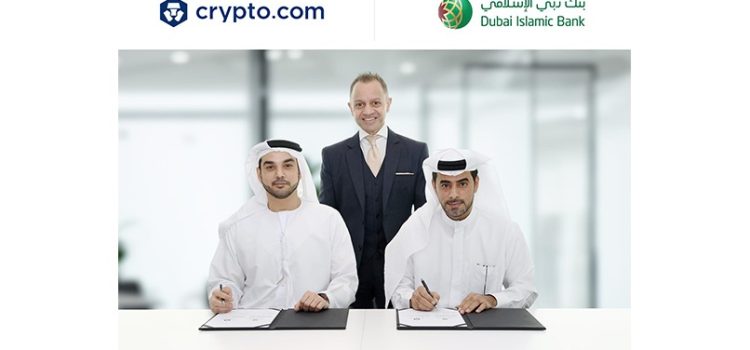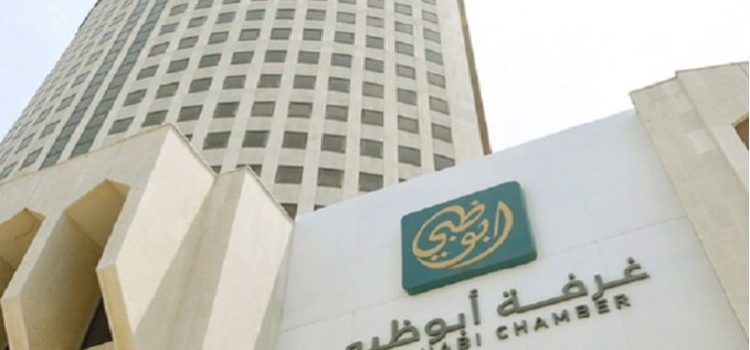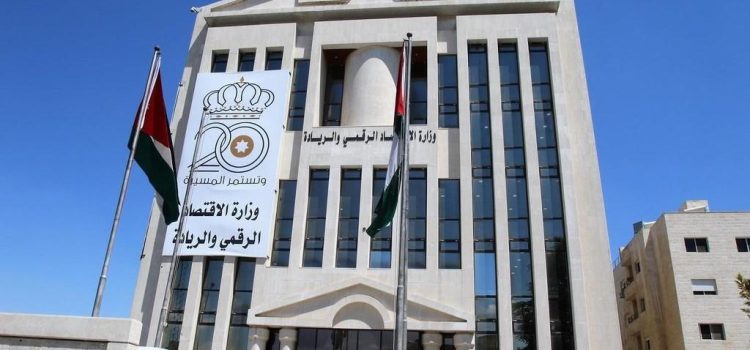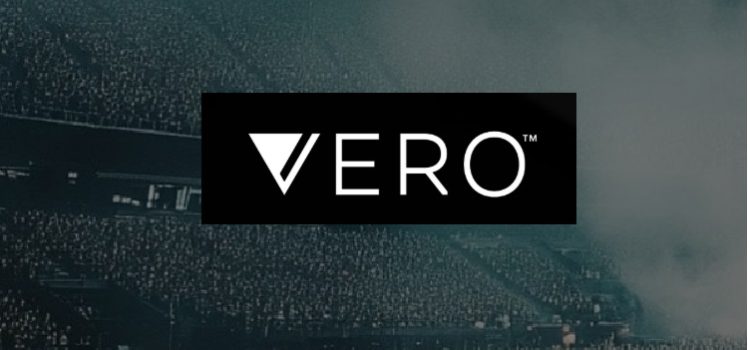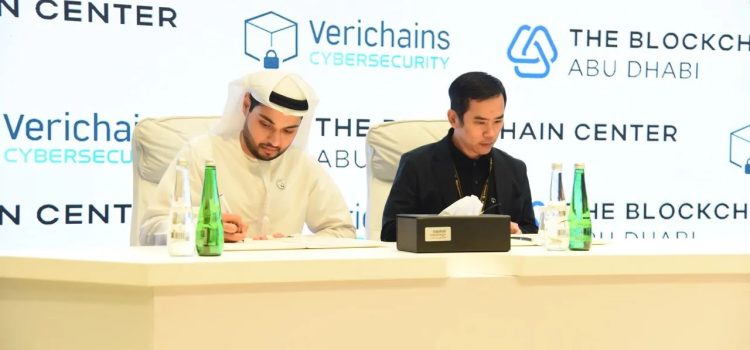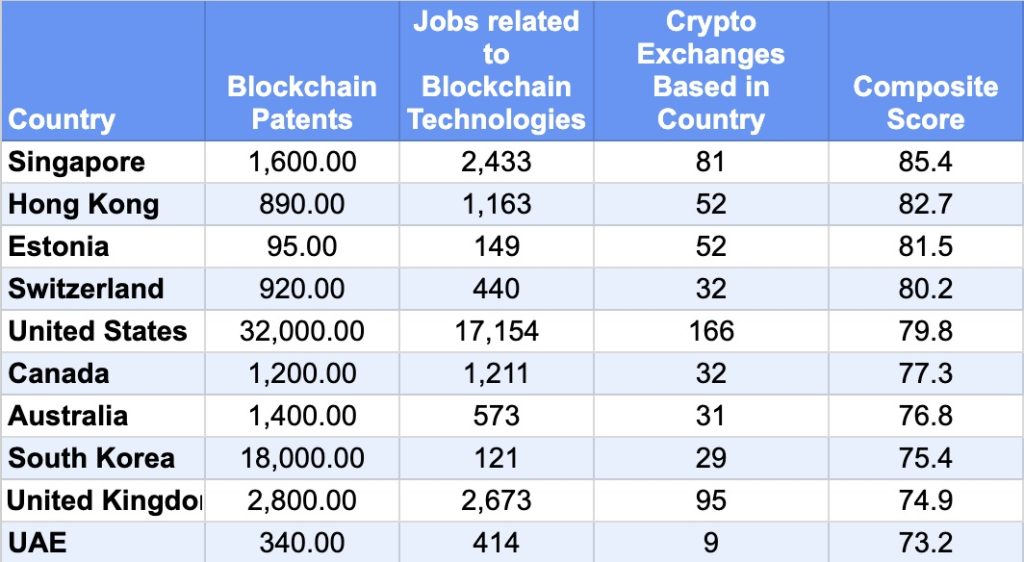
Global crypto exchange Crypto.com, regulated in the UAE has teamed up with Dubai Islamic Bank to explore opportunities to introduce tokenized Sharia compliant Islamic Sukuk, and Real World assets, as well as facilitate crypto payments.
Crypto.com has announced the signing of a Memorandum of Understanding (MoU) with Dubai Islamic Bank (DIB), the UAE’s largest Islamic Bank and a world-renowned pioneer in the field of Islamic finance, as it continues to expand its market presence in the UAE and wider GCC.
The MoU, signed by Crypto.com’s President of UAE Operations, Mr. Mohammed Al Hakim, and DIB’s Chief Digital Officer, Mr. Musabbah Al Qaizi signed the MOU at DIB’s headquarters.
The MoU focuses on several key areas of collaboration including promoting the Crypto.com App and Card through DIB’s channels, with reward-based campaigns for DIB’s customers, and facilitating cryptocurrency payments via DIB’s systems.
This agreement also enables fiat currency funding on the Crypto.com App. Moreover, both entities will explore tokenization of real-world assets, including Islamic sukuks and real estate portfolios via the Cronos chain, and will look to integrate Crypto.com’s custody, OTC trade execution, and crypto trading technology solutions for DIB’s retail clients.
“We are delighted to enter this significant agreement with Dubai Islamic Bank, one of the most influential banks in the region, and explore exciting ways we can enhance our products for our UAE and wider GCC customer base.” said Mohammed Al Hakim, UAE President of Operations at Crypto.com.
“The partnership represents a unique opportunity for us to bridge the worlds of cryptocurrency and Islamic banking, paving the way for future collaboration on tokenized sukuks and sharia-compliant crypto solutions. We look forward to investigating new and innovative payment solutions and exploring the untapped potential in the Islamic finance sector.”
Musabbah Al Qaizi, Chief Digital Officer at Dubai Islamic Bank, said: “This partnership with Crypto.com signifies a transformative milestone for Dubai Islamic Bank as we embrace the forefront of technological advancement in Islamic finance. By exploring innovative avenues such as tokenized Islamic sukuks and the tokenization of real-world assets, we align with our strategic vision to integrate cutting-edge digital solutions while upholding the principles of Sharia compliance. This collaboration allows us to set new-age standards for Sharia-compliant financial solutions, providing our customers with unparalleled security, efficiency, and flexibility. It empowers us to redefine the integration between Islamic banking and digital asset management, paving the way for future developments in this emerging sector.”
This announcement comes as Crypto.com continues to expand its global and regional footprint, with the recent acquisition of Orion Principals Limited, regulated by the Abu Dhabi Global Market (ADGM), as well as the launch of its AED Wallet, giving users in the UAE fast and seamless deposit and withdrawals in the local currency.
It also recently appointed UAE National Mohammed Al Hakim to head its operations in the UAE.
Earlier in December, Crypto.com also announced a collaboration with Mastercard allowing the company to issue its world-renowned prepaid debit card to eligible users in the GCC region.








